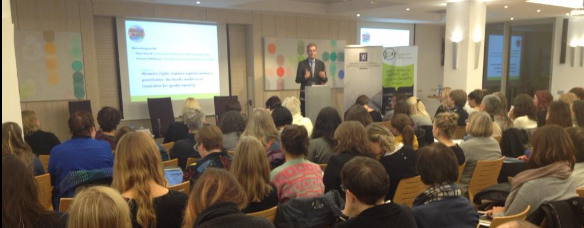Office of the Special Representative and Co-ordinator
for Combating Trafficking in Human Beings
The 2008 OSCE Ministerial Council Decision No.
5/08 encourages participating States to ensure that
all forms of trafficking in human beings as defined in
the OSCE Action Plan are criminalized in their national
legislation. Political will and action at the national level
are the prerequisites to preventing and combating the
exploitation of individuals in slavery-like conditions and
to meeting these commitments, as underscored in the
UN Trafficking Protocol1 and in the OSCE Action Plan2.
First and foremost, governments bear responsibility
for developing comprehensive national anti-trafficking
responses, which acknowledge that a wide variety of
persons can be bought and sold, abused, deceived
threatened or coerced into a broad range of exploitative
situations. These include sexual exploitation and labour
exploitation in various sectors such as agriculture,
construction, textiles, restaurants, food processing,
cleaning, hospitality and entertainment.
In order to raise the visibility of trafficking for labour
exploitation based on the OSCE Action Plan and other
anti-trafficking commitments, the Office of the Special
Representative hosted a high-level conference in
November 2005 under the auspices of the Alliance
against Trafficking in Persons. The conference had
three major objectives: (i) to mobilize greater political
will to eradicate trafficking for labour exploitation; (ii) to
provide a forum for the exchange of concrete experiences
as a tool to advance the implementation of anti-trafficking
commitments; and (iii) to increase the understanding of
the need to involve a range of new additional stakeholders
in the design and implementation of responses to this
form of trafficking in human beings.
…
Download the full report: http://www.childtrafficking.com/Docs/osce_10_unprotected_work_0411.pdf


